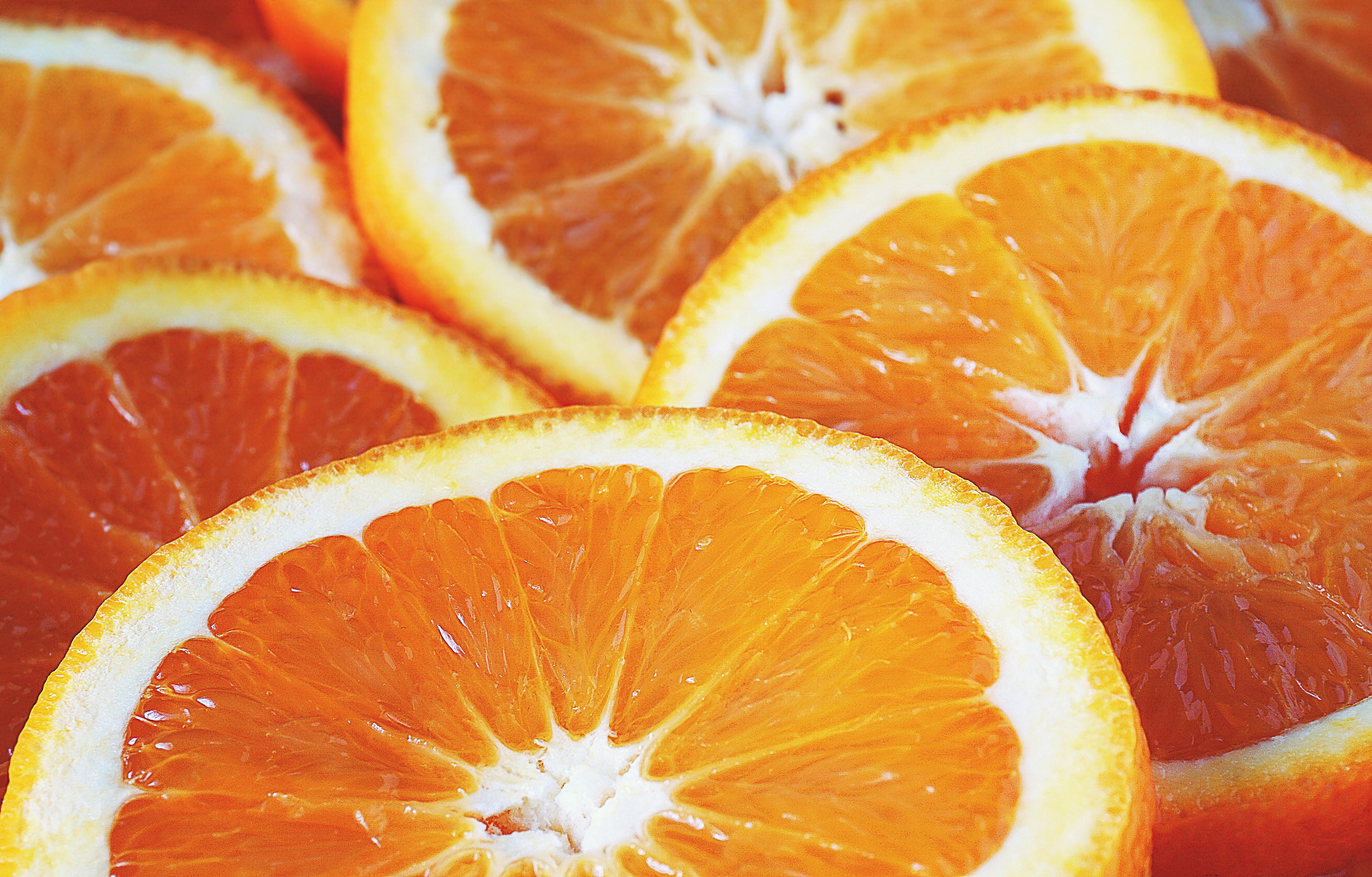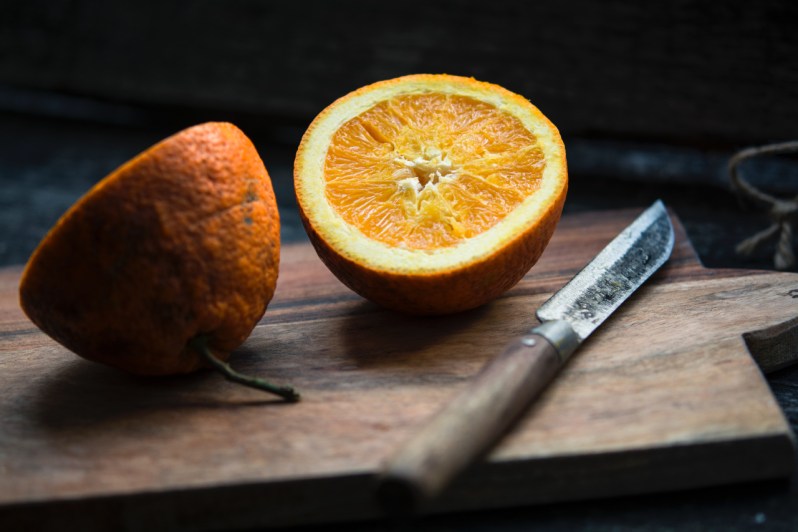 Beyond the familiar realm of oranges, a cornucopia of tantalizing fruits high in vitamin C awaits your discovery, each offering a generous dose of antioxidants to invigorate your body and boost your immune system.
Beyond the familiar realm of oranges, a cornucopia of tantalizing fruits high in vitamin C awaits your discovery, each offering a generous dose of antioxidants to invigorate your body and boost your immune system.
The realm of fruits brimming with this vital nutrient is diverse, encompassing a plethora of options that can tantalize your taste buds and elevate your well-being to new heights. Some might even surprise you!
Why is vitamin C beneficial, and how much should you consume?

Vitamin C, scientifically known as ascorbic acid, is an important water-soluble vitamin. As an antioxidant, it protects your body against free radicals, which cause oxidative stress and damage to your cells.
You need this vitamin to produce collagen, a protein that nurtures your skin, bones, and connective tissue. It also facilitates iron absorption, strengthens your immune system, and speeds up wound healing.
Adult males should aim for approximately 90 mg/day to meet the recommended daily vitamin C intake.
It’s important to note that cooking methods can have a significant impact on the vitamin C content in foods. In the presence of heat, vitamin C is highly susceptible to degradation.
When foods rich in vitamin C are cooked, especially at high temperatures or for extended periods, the heat can cause the breakdown of the vitamin and result in a loss of its nutritional value.
Overconsumption of vitamin C through supplements can sometimes lead to digestive upset or diarrhea. Therefore, it is generally recommended to obtain vitamin C from a balanced diet that includes a variety of fruits and vegetables, as they provide not only vitamin C but also other essential nutrients and dietary fiber.
Top fruits high in vitamin C

Exploring a variety of fruits allows you to diversify your intake and discover new flavors and textures. Here are several fruits that might surprise you with their vitamin C content.
Sweet peppers
Contrary to what you might think, red bell peppers are actually fruits, not vegetables. They belong to the nightshade family, along with other fruits like tomatoes and eggplants.
A typical serving of peppers is about half a cup, which is equivalent to approximately one medium-sized pepper.
One serving of red bell peppers provides a whopping 95 mg of vitamin C. While green bell peppers provide 60 mg. This means that by incorporating just one serving of red bell peppers into your meals, your body will receive ample amounts of this immune-boosting vitamin.
Oranges

People immediately think of oranges when it comes to meeting their micronutrient requirements.
A typical serving is one medium-sized fruit, which contains approximately 70 mg of vitamin C. By enjoying just one serving of this juicy fruit, you are already well on your way to meeting your daily vitamin C needs.
Additionally, orange juice is one of the most popular fruit juices.
Kiwis

After it gained popularity worldwide, this Chinese fruit was renamed kiwifruit due to its resemblance to New Zealand’s national symbol, the kiwi bird.
A typical serving size is one medium-sized kiwi. One serving contains approximately 65 mg of vitamin C.
Strawberries

Did you know that strawberries are the only fruit that wears their seeds on the outside? Each strawberry is adorned with tiny seeds, which are visible on the fruit’s surface.
When it comes to serving size, a typical serving of strawberries is around half a cup of fresh, sliced fruit. This amounts to roughly 4-5 medium-sized strawberries, depending on their size, and contains 49 mg of vitamin C.
Grapefruit

The grapefruit was first discovered in Barbados in the 18th century and is believed to be a cross between a sweet orange and a pomelo.
A typical serving of grapefruit is half of a medium-sized fruit. This portion provides approximately 39 mg of vitamin C.
Cantaloupe

Also known as muskmelon, the cantaloupe is a delicious fruit that belongs to the melon family.
A typical serving size of cantaloupe is about one cup or approximately one-fourth of a medium-sized melon. With 29 mg of vitamin C per serving, this is a great choice for increasing vitamin intake.
Although oranges are often regarded as the best source of vitamin C, there are a number of other fruits that also offer substantial amounts. Incorporating these fruits into your diet will ensure that you meet your daily vitamin C requirements as well as provide you with a variety of flavors and nutritional benefits.
So, for your daily dose of antioxidants, don’t limit yourself to oranges—explore the vibrant world of vitamin C-rich fruits and embrace their healthful goodness.
Editors' Recommendations
- Working out on keto: Maximize your fitness plan with this handy guide
- High protein fast food for a busy day: These picks won’t kill your fitness goals
- How to do a leg press: Everything you need to know
- The best snacks for the Mediterranean diet: 9 healthy, tasty ideas
- Healthy grilling ideas: These foods will have you feeling great all summer long



